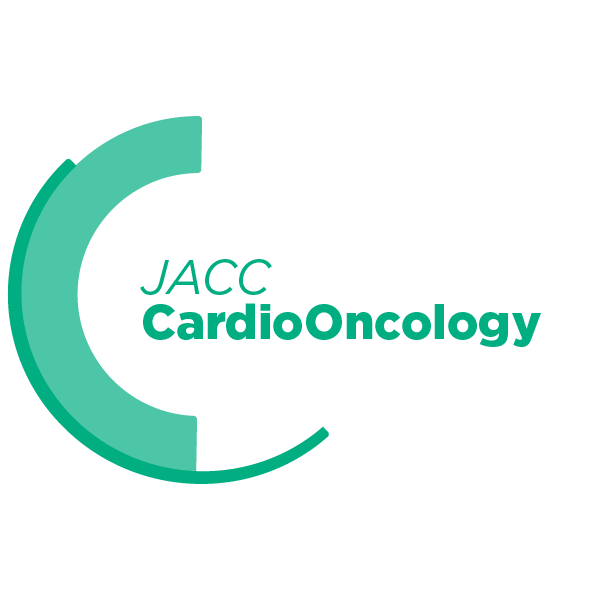JACC: CardioOncology Papers Discuss Racial and Ethnic Disparities Surrounding COVID-19 and Cardio-Oncology; More

COVID-19, cancer, and cardiovascular disease disproportionally affect non-white populations, yet, these at-risk groups receive inadequate care due to long-lasting racial and ethnic health care disparities, according to two papers published in the June issue of JACC: CardioOncology.
In a viewpoint article, Zareen Thorlu-Bangura, BA, MPH, et al., explores the link between race and ethnicity in cancer and cardiovascular disease and how COVID-19 diagnoses reflect similar at-risk groups. The authors believe that there could be valuable lessons from COVID-19 research towards overcoming racial and ethnic health care disparities in cardio-oncology.
In another article, Muhammad Fazal, MD, MS, et al., propose a multifaceted strategy to solve the racial and ethnic disparities in cardio-oncology and identify key contributors to these health care inequities, including structural racism, socioeconomic barriers, less access to specialty care, and higher rates of cardiovascular disease.
Also in the June issue is a study finds that financial toxicity – the financial strain experienced by patients accessing health care – is often greater among cardiovascular disease patients compared to cancer patients, and those with both conditions suffer the highest burden. Learn more.
A study out of South Korea found that patients with cancer may be at higher risk for atrial fibrillation (AFib), although the impact on AFib development varies by cancer type. Researchers suggest an increased risk of AFib should be considered when treating patients with cancer. Learn more.
Plus, a new state-of-the-art review thoroughly examines the literature on venous and arterial thromboembolism in patients with cancer. Learn more.